These are some of the deadliest—and cutest—animals you've seen in a long time
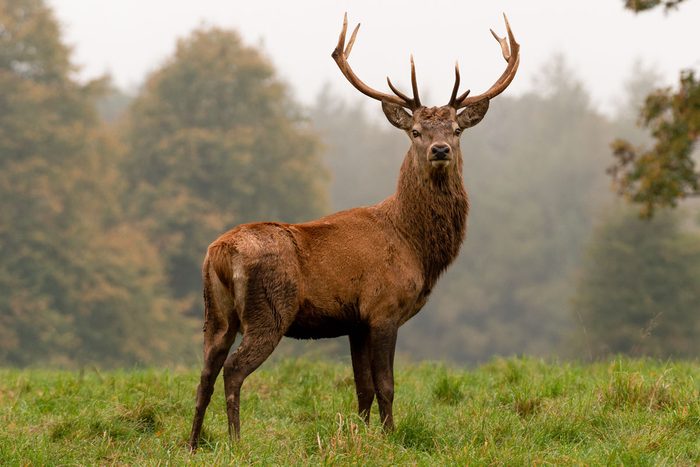
16 Innocent-Looking Animals That Are Surprisingly Dangerous


Panda bears
These fluffy black-and-white bears are one of the most adorable mammals. For the most part, pandas are pretty easygoing and just eat bamboo most of the day. But if they feel threatened they can be extremely dangerous, using their physical strength, strong jaws and teeth to do a lot of damage. Unfortunately, there aren’t a lot of pandas left in the world, so they can use all the help they can get.
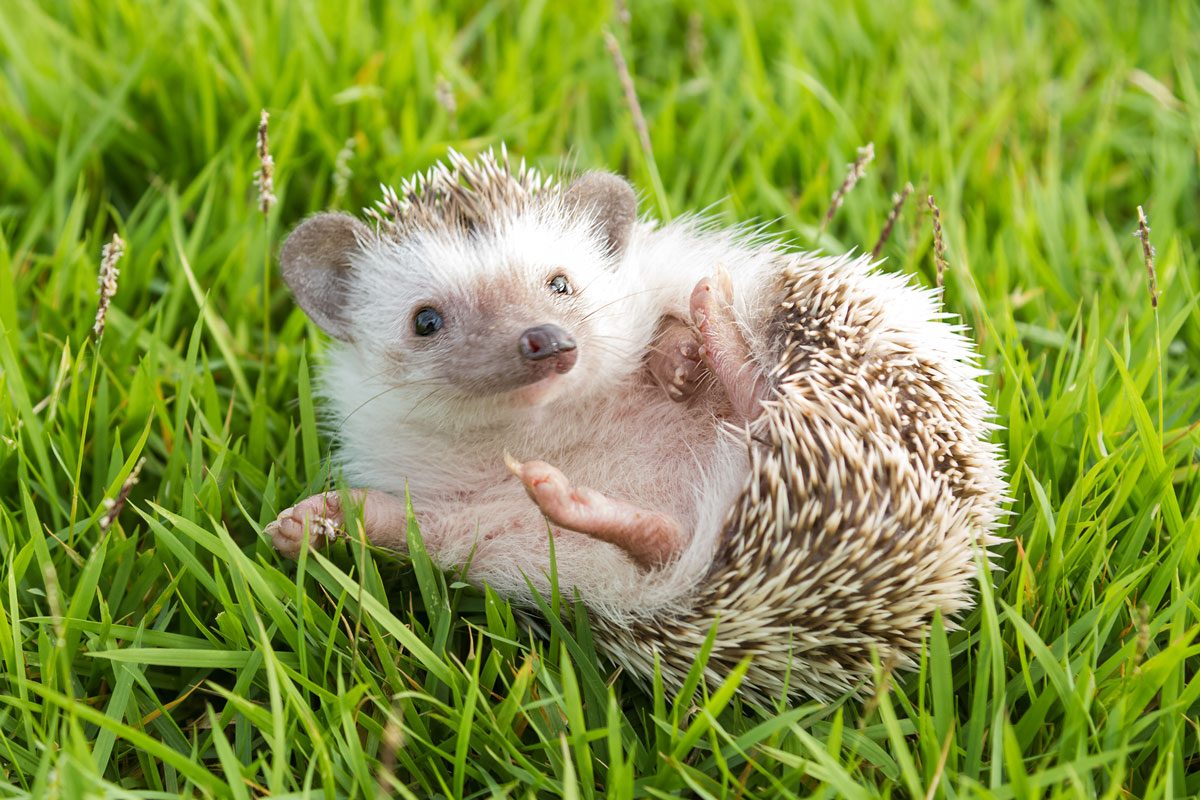
Hedgehogs
Hedgehogs are dangerous? This one may come as a surprise, since a lot of people keep hedgehogs as household pets—and post tons of cute hedgehog pictures to prove it. But their spikes can be very damaging to human skin and to anything else that could be a potential predator. When a hedgehog feels safe, its spikes lay flat, allowing humans to pick them up and play with them. When they feel threatened, their spikes extend up vertically as they curl into a ball for protection.
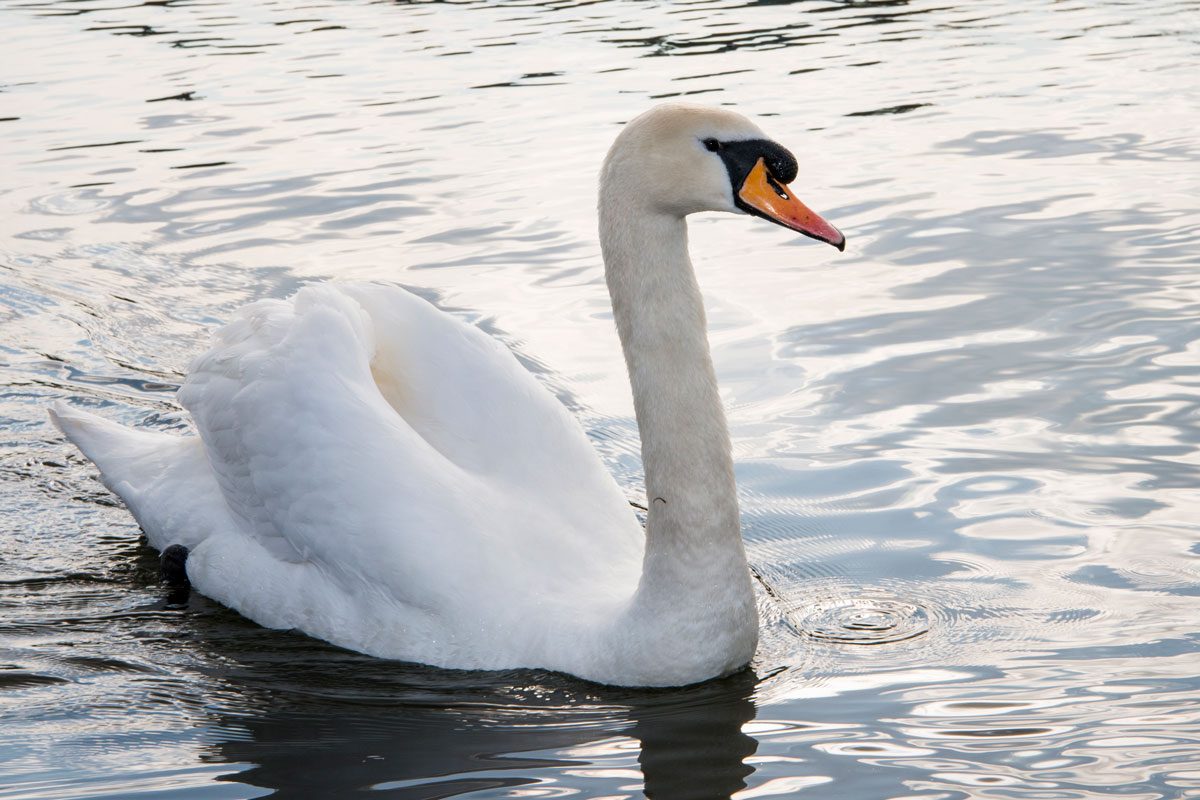
Swans
Swans are known for being graceful, delicate birds. But if you try to mess with their babies, they will come at you. When they feel threatened, swans raise their wings, hiss and aggressively flap to get you to go away. It’s unlikely they could do any serious damage to a human, but you really don’t want to test them.

Polar bears
Yes, polar bears are very cute, but they’re still bears—and big ones. The polar bear is the largest carnivore in North America, and they have no natural predators. Plus they don’t fear humans, so people tend to feel more comfortable around them than around other kinds of bears. (And look at their adorable babies.) But, you guessed it, polar bears are one of the deadliest animals on this list.

Owls
Owls only come out at night, so the most they usually do is disturb your sleep with a few hoots. They have large, sharp talons, which they typically use to attack prey—not people. But if they are protecting their nest, or they’re starving, owls aren’t afraid to come after humans and other atypical prey. One cold winter in Atlanta, owls reportedly started attacking humans and dogs because their typical diet of mice and rats was dying due to the harsh temps.
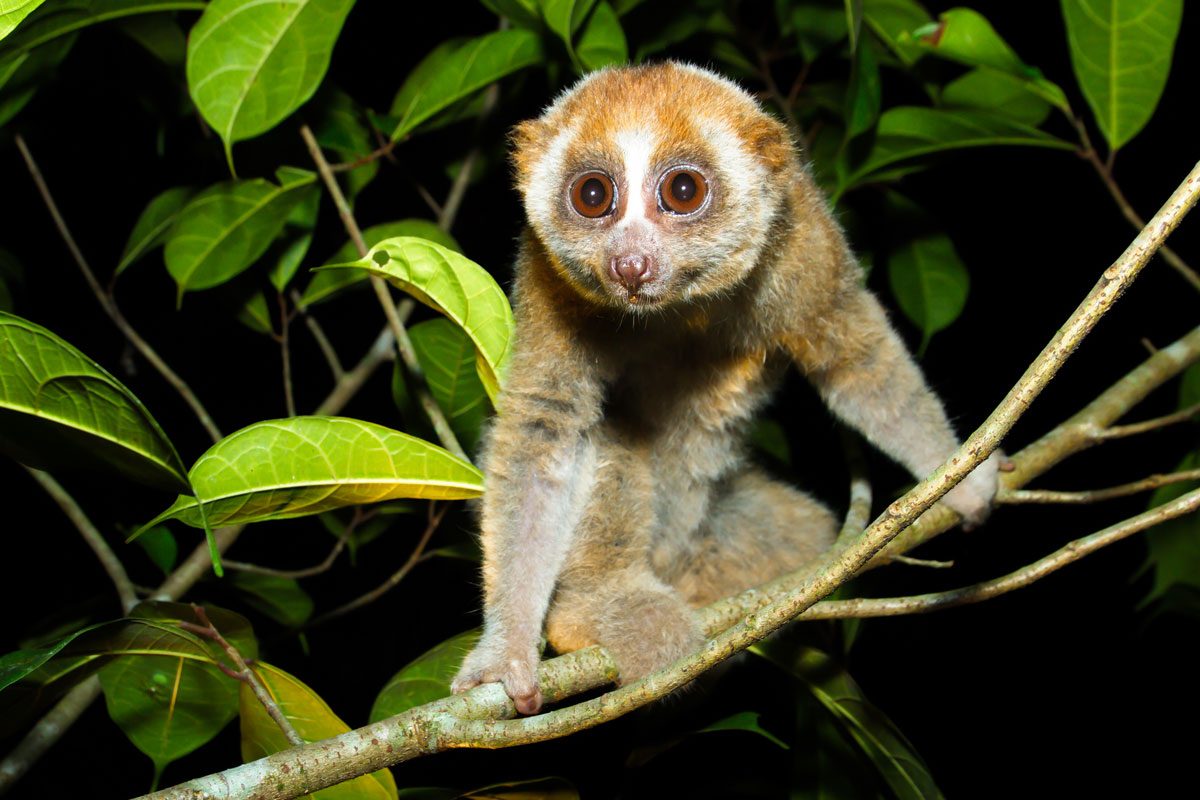
Slow lorises
The slow loris’s wide eyes make it the most innocent looking and adorable animal ever. But beware: This cute member of the deadliest animals club produces a venom that can rot human flesh and cause anaphylactic shock. When the slow loris is threatened, the venom, a mixture of a glandular secretion and saliva, is delivered via bite to the unfortunate victim.
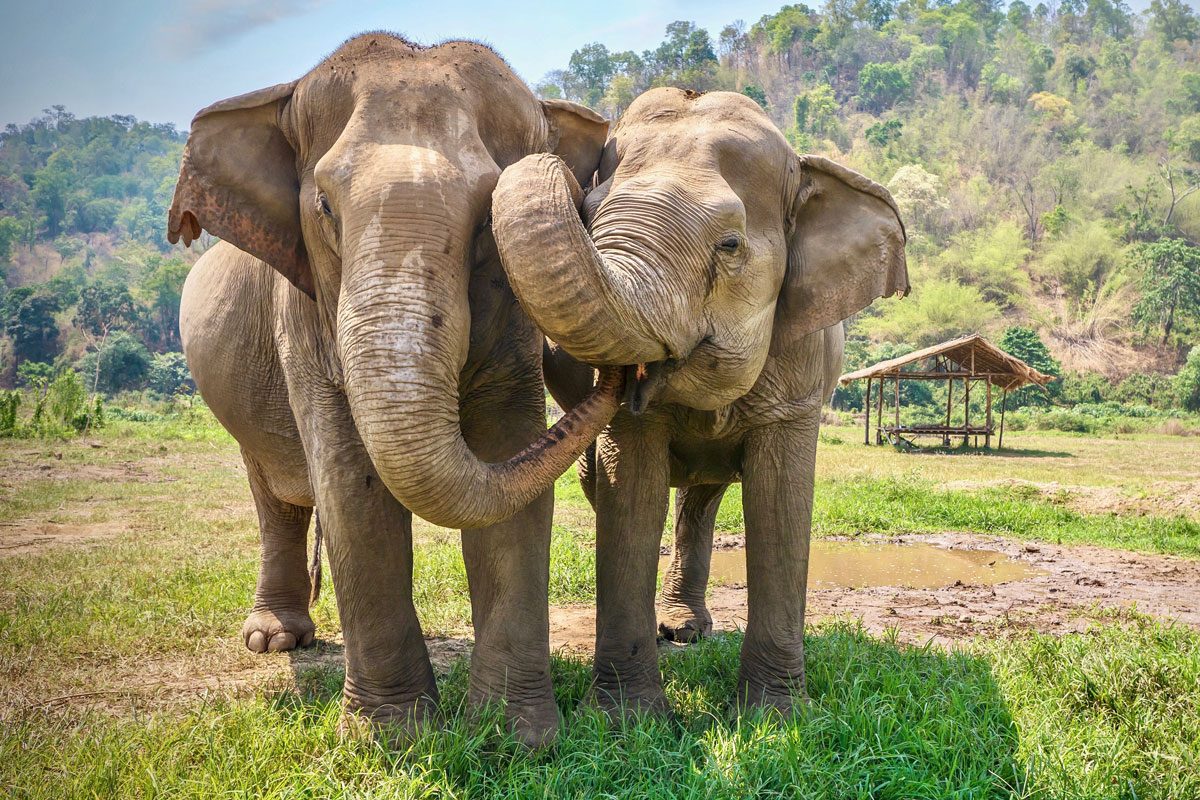
Elephants
Elephants are known as gentle giants, but they aren’t afraid to use their huge bodies and powerful trunks against you if needed. With the earth’s population continuing to grow, and more land, including rangelands and forests, being converted for agricultural use, elephants are losing their habitats. As a result, they’re being pushed into smaller places and increasingly coming into contact, and conflict, with people. Around 500 people are killed in elephant attacks every year.
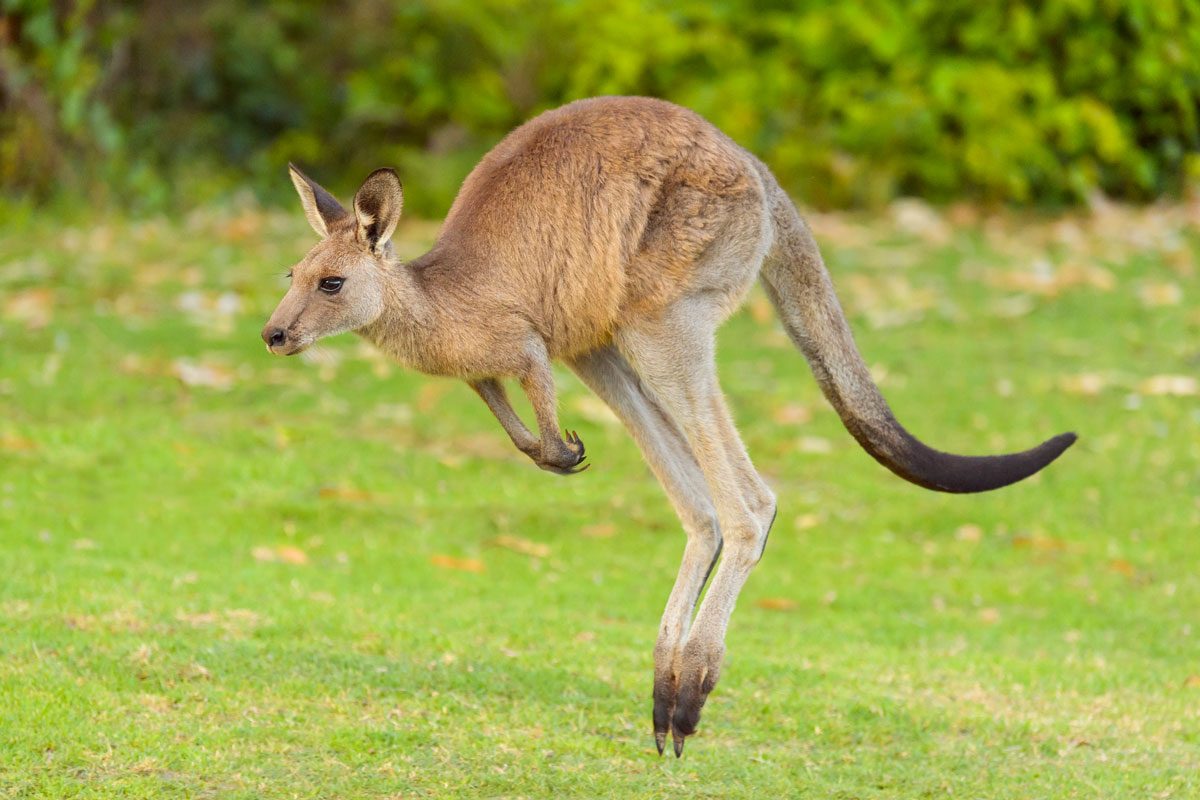
Kangaroos
These cute Australian marsupials don’t go looking for trouble. But if provoked, they’ll do some real damage. They can bite, use their sharp claws and punch with their arms and their legs, which can be extremely powerful when used to kick their predator.

Pufferfish
Pufferfish are one of the most poisonous vertebrates on the planet. They inflate their bodies to protect themselves and in doing so release tetrodotoxin, a potent neurotoxin that can cause paralysis and death in both fish and humans. If that’s not bad enough, there is no antidote for the deadly toxin, and there’s enough poison in one pufferfish to kill 30 adults.
![Wild Moose Grazing the Mountains of Colorado ||Brainard Lake Recreation Area, Ward, CO [Colorado Wildlife]](https://f-cce-5366.rdu.r.tmbi.com/wp-content/uploads/2018/04/15-Innocent-Looking-Animals-That-Are-Surprisingly-Dangerous-9-e1747147916720.jpg)
Moose
It’s not that surprising that these creatures can be dangerous. They’re big! And when moose feel threatened, they can aggressively charge at humans, causing serious injury or death. In fact, moose injure or kill more humans every year in Alaska than bears. Moose are especially dangerous when protecting their calves and during mating season.

Giant anteaters
Anteaters look innocent, and their diet consists of ants—not exactly a fierce foe. But anteaters can do incredible damage to a person. Anteaters have very strong claws, and when threatened they tend to squeeze their victims in a hug-like stance that can puncture arteries. (Two hunters in Brazil bled to death from puncture wounds in separate incidents following anteater attacks.) These sweet-looking animals have bad eyesight and hearing and no teeth, but they can still be deadly.
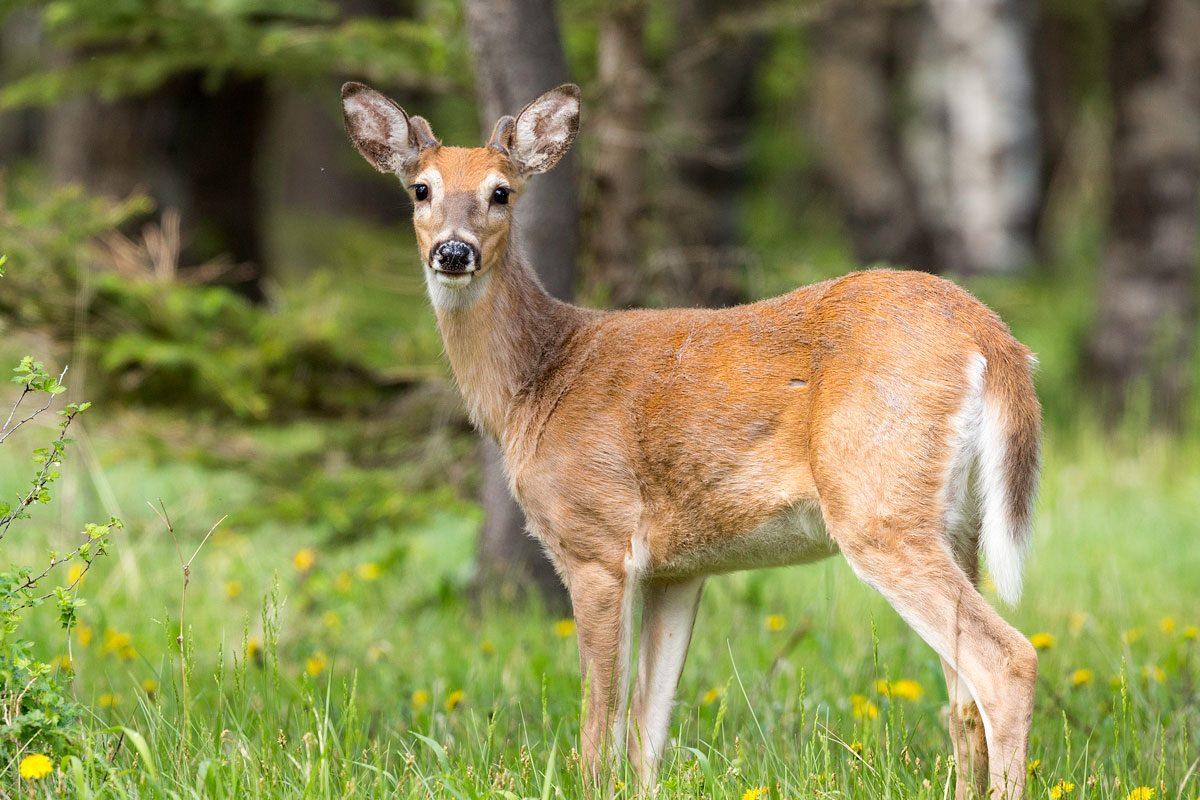
Deer
Though it’s not all that common, deer have been known to charge at humans. Deer are prey animals, and they spend their lives watching for threats. Most of the time they run from danger, including human threats, but if they feel trapped, or a female deer is protecting her offspring, they may become more aggressive.
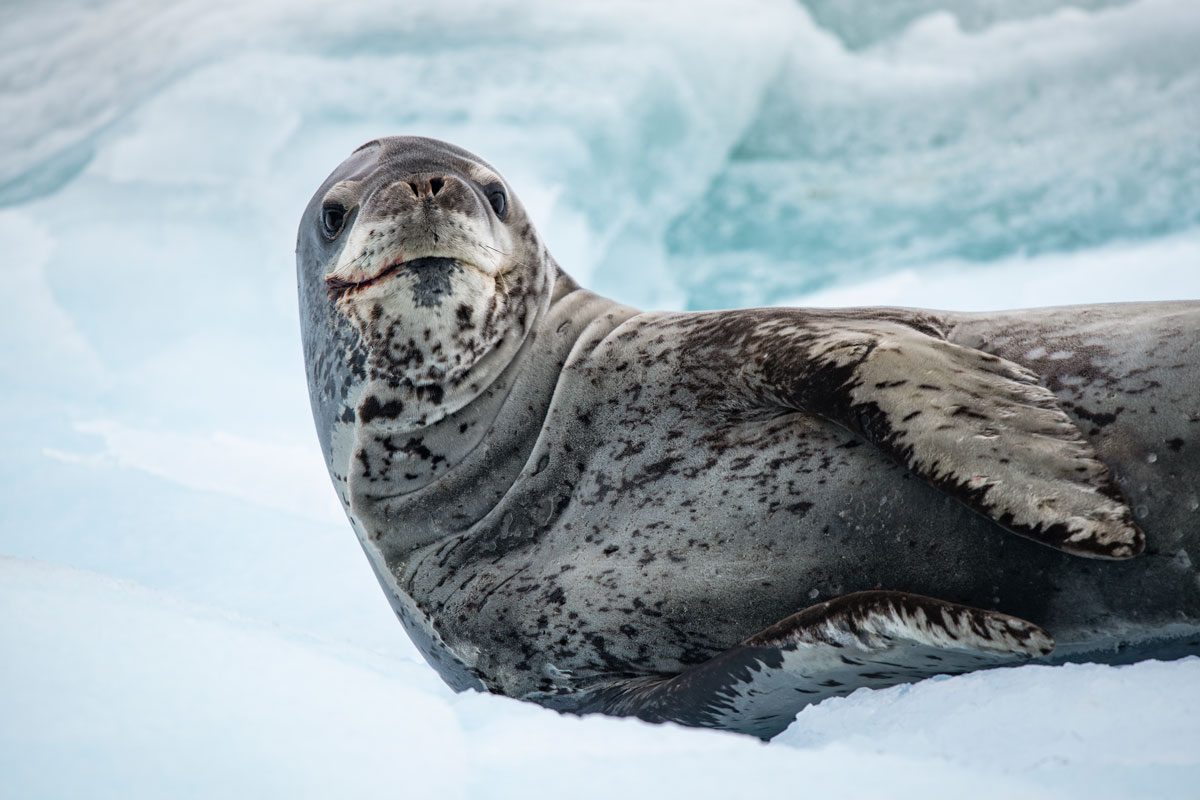
Leopard seals
If you’ve ever seen the movie Happy Feet, you know you don’t want to mess around with a leopard seal. Females grow up to 12 feet long (males a bit smaller), and while they mainly eat penguins, they can be equal-opportunity predators. Leopard seals sometimes prey on the pups of other seal species, and a marine biologist was killed by a leopard seal in 2003.
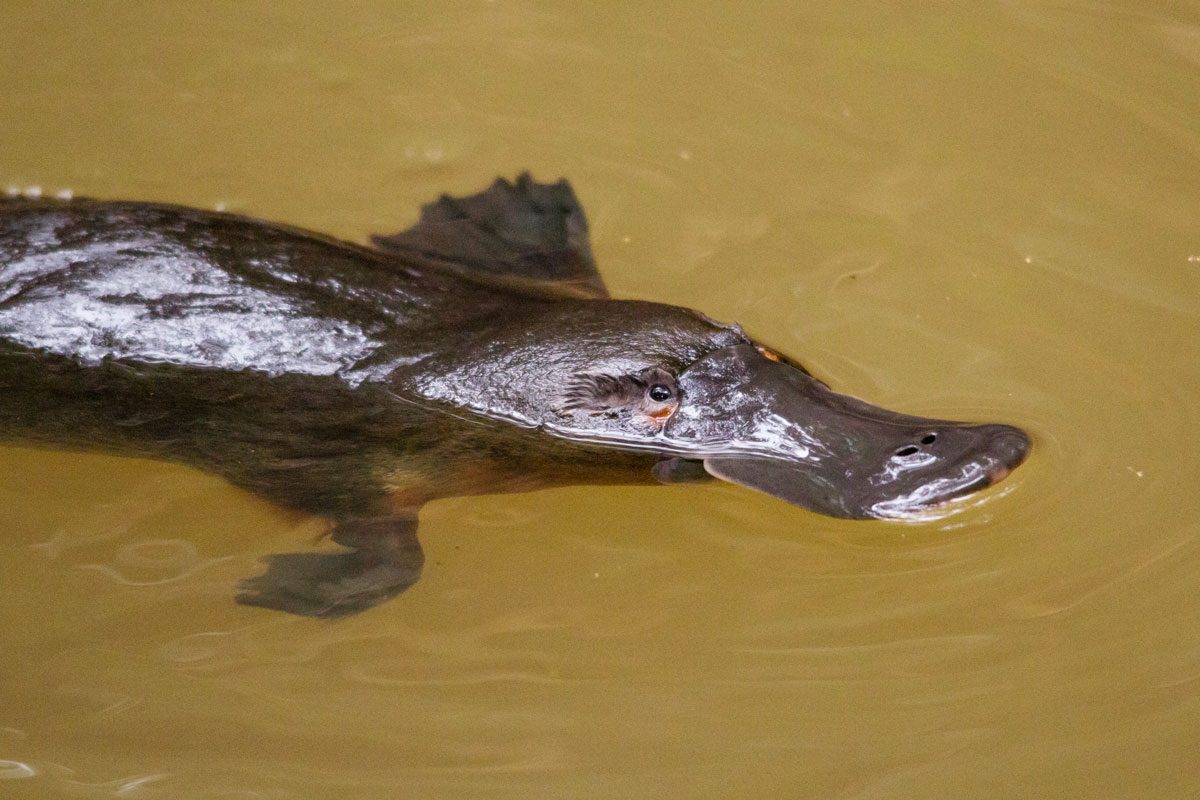
Platypuses
Platypuses, the strange-looking egg-laying mammals from Australia, are more dangerous than they look. Male platypuses have hollow spurs on the heels of their back legs that secrete a venom. The venom isn’t used for defense, but for fighting other males for mating rights with a given female platypus. The venom isn’t deadly to humans, but it can cause intense pain and swelling.
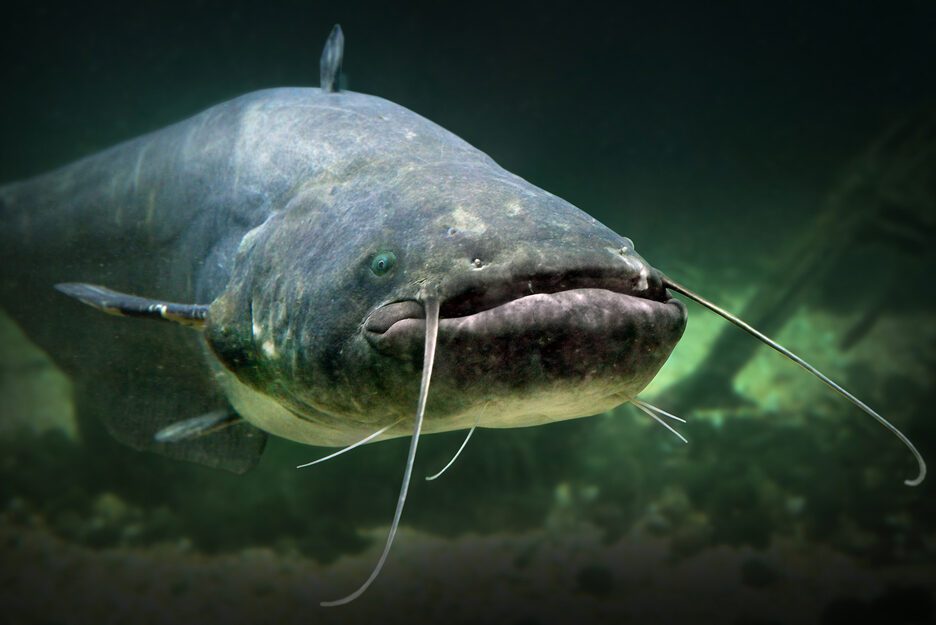
Catfish
If you ever encounter a catfish, you’ll want to stay far away. Many species of catfish (we’re talking at least 1,200) have venomous spines along their dorsal and/or pectoral fins. It’s not likely that they’ll sting you, but if they do it can cause pain, swelling, numbness and, in some cases, fainting or a reduced heart rate.

Hippos
How could we close this deadliest animals list without a nod to hippos? Pygmy hippopotamus Moo Deng, a super cute viral sensation, captured the hearts of millions, leading many naive internet citizens to underestimate this incredibly fast and deadly animal. Seriously, close the Moo Deng vids and search for “hippo chases boat.” They are legitimately terrifying.
Why trust us
At Reader’s Digest, we’re committed to producing high-quality content by writers with expertise and experience in their field in consultation with relevant, qualified experts. We rely on reputable primary sources, including government and professional organizations and academic institutions as well as our writers’ personal experiences where appropriate. We’ve gone the extra step and had Marcy Lovitch, a fact-checker with 20-plus years of experience researching for national publications including Marie Claire, Good Housekeeping, Family Circle, Glamour, Seventeen, Real Simple, Forbes and InStyle magazines, verify that all facts are attributed correctly and have credible sourcing. Read more about our team, our contributors and our editorial policies.
Sources:
- Alaska Department of Fish and Game: “What to Do About Aggressive Moose”
- BBC: “Who, What, Why: How dangerous are swans?”
- Brittanica: “Polar bear”
- Discover Magazine: “Are Leopard Seals as Dangerous as You Think?”
- Live Science: “More than 1,000 Catfish Species Are Venomous”
- Live Science: “Giant Anteaters Can Kill People”
- National Deer Association: “3 reasons deer attack people”
- National Ocean Service: “What is a platypus?”
- Owl Research Institute: “About owls”
- Sciencing: “Hedgehog adaptation”
- Seattle Aquarium: “Pufferfish and porcupinefish”
- World Wildlife Fund: “Meet the slow loris, a cute primate with a toxic bite”
- World Wildlife Fund: “Panda’s natural enemies”
- Victoria State Government: “Kangaroos”
- YouTube: “Angry, Angry Hippo Chases Speedboat Through Lake”





















